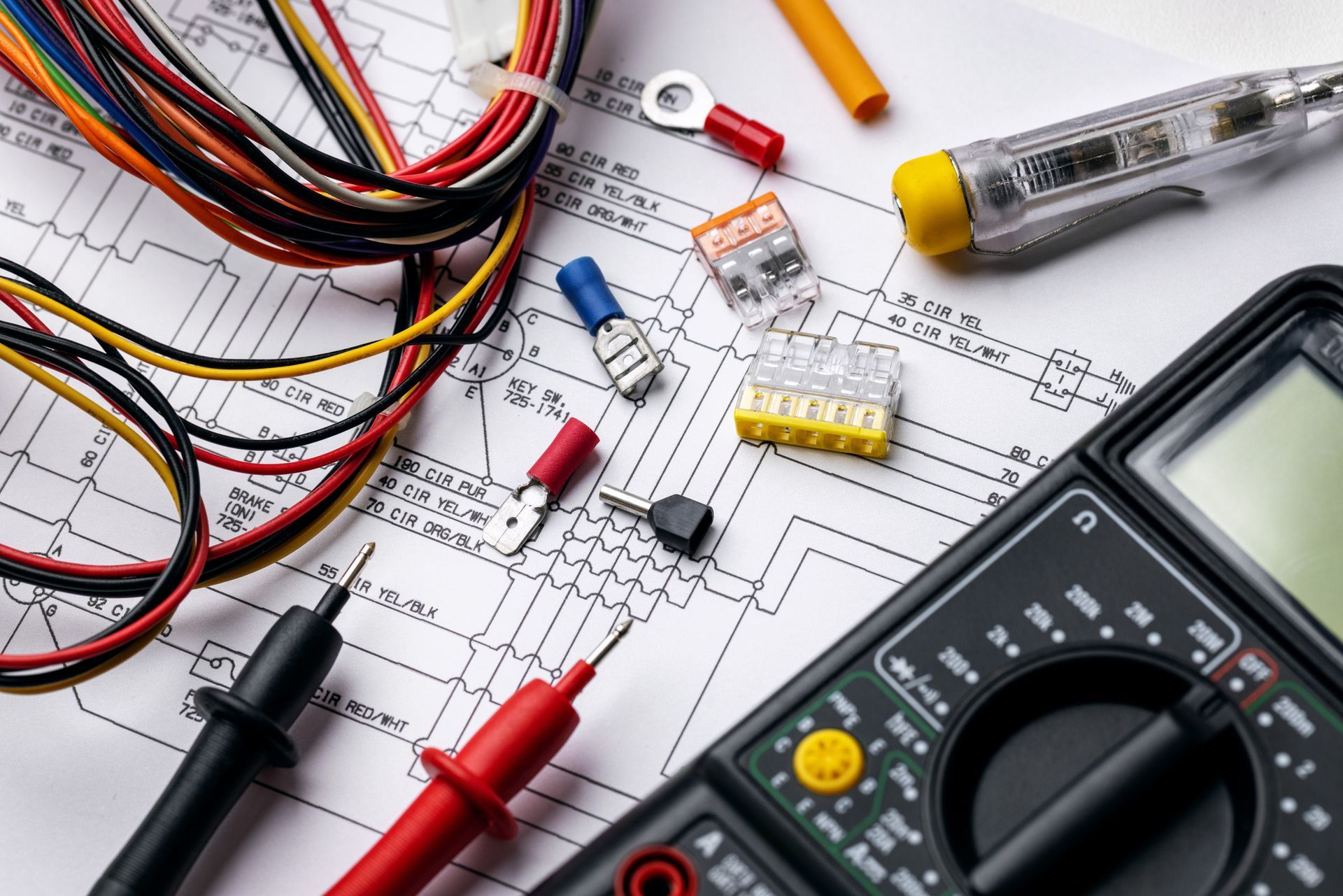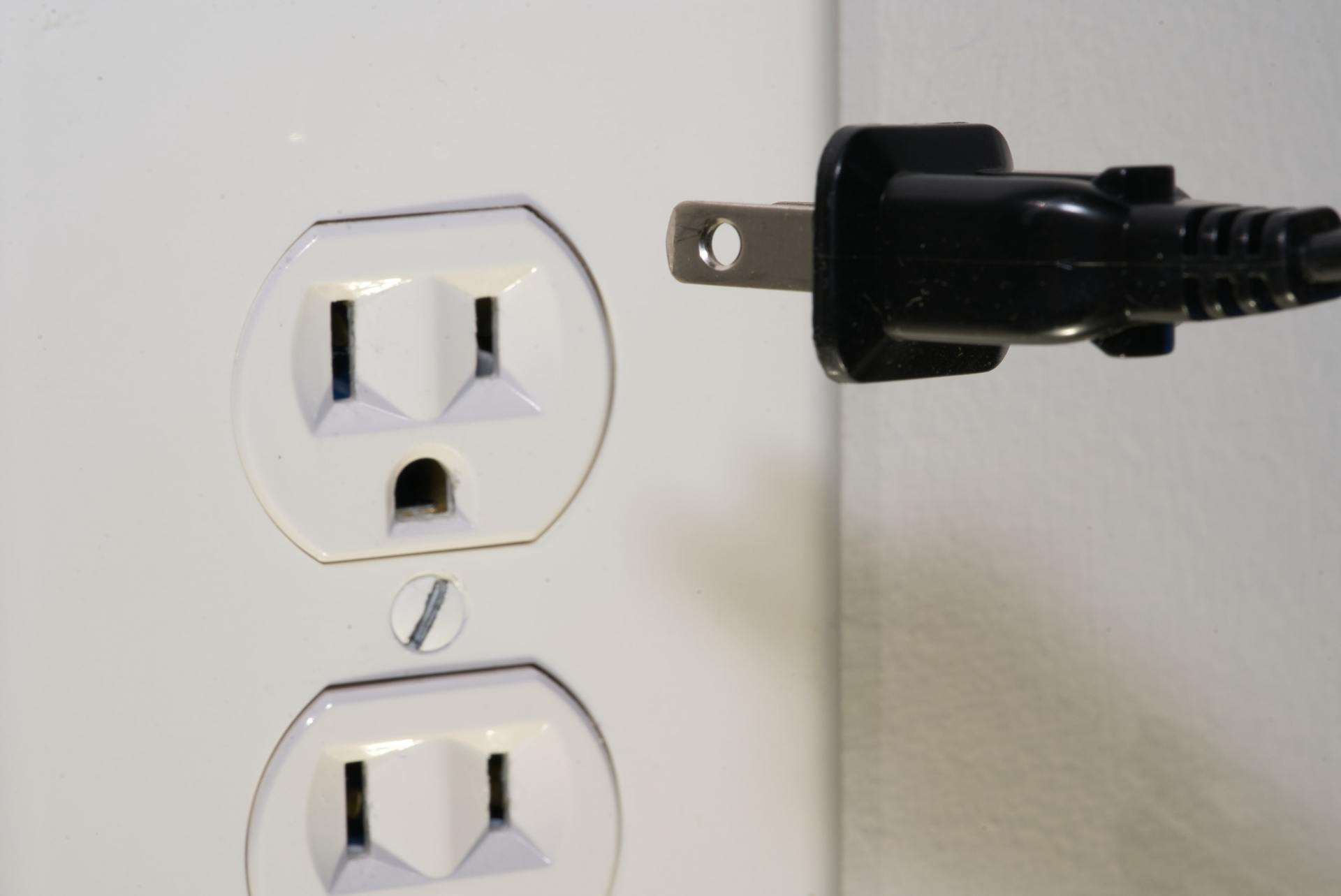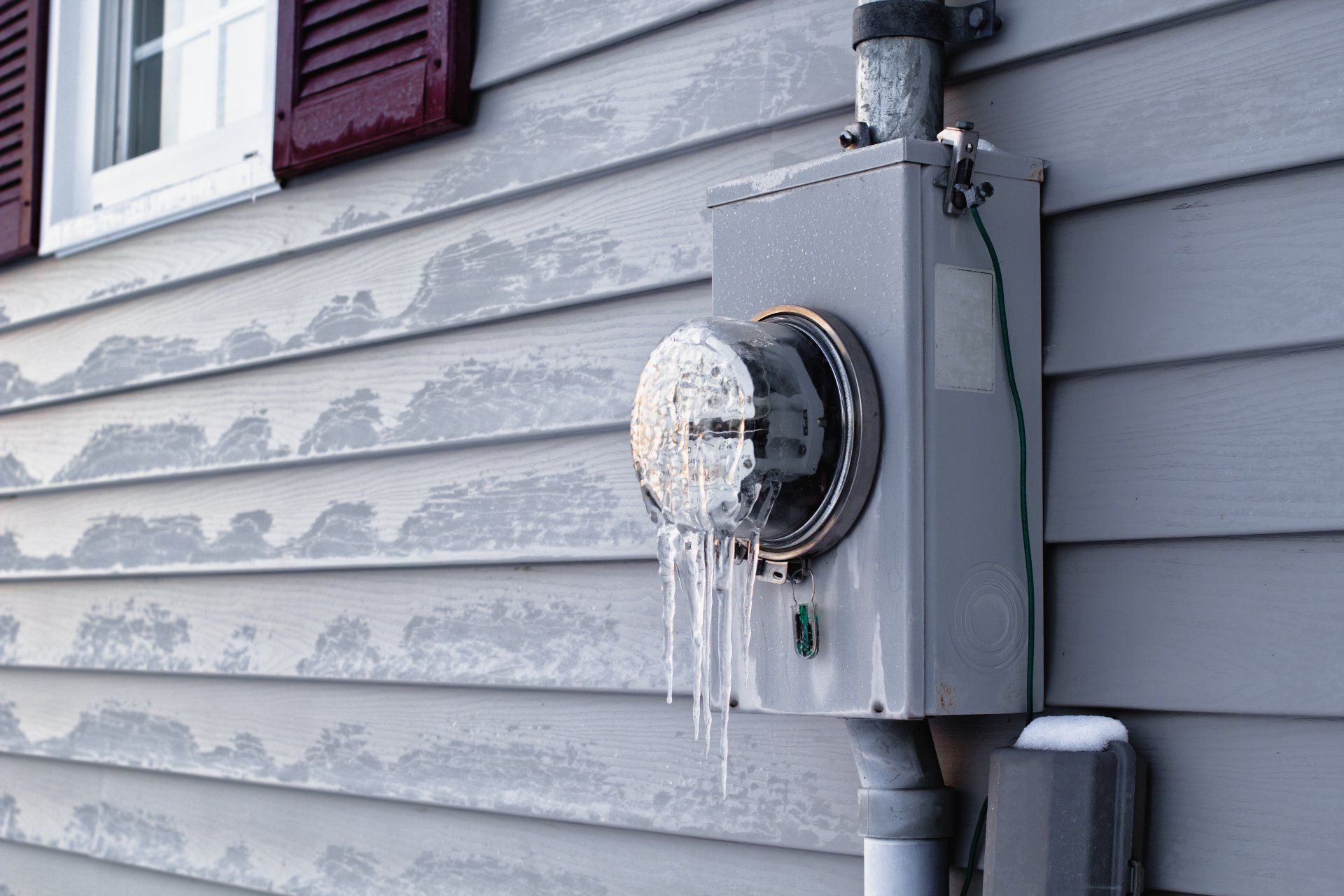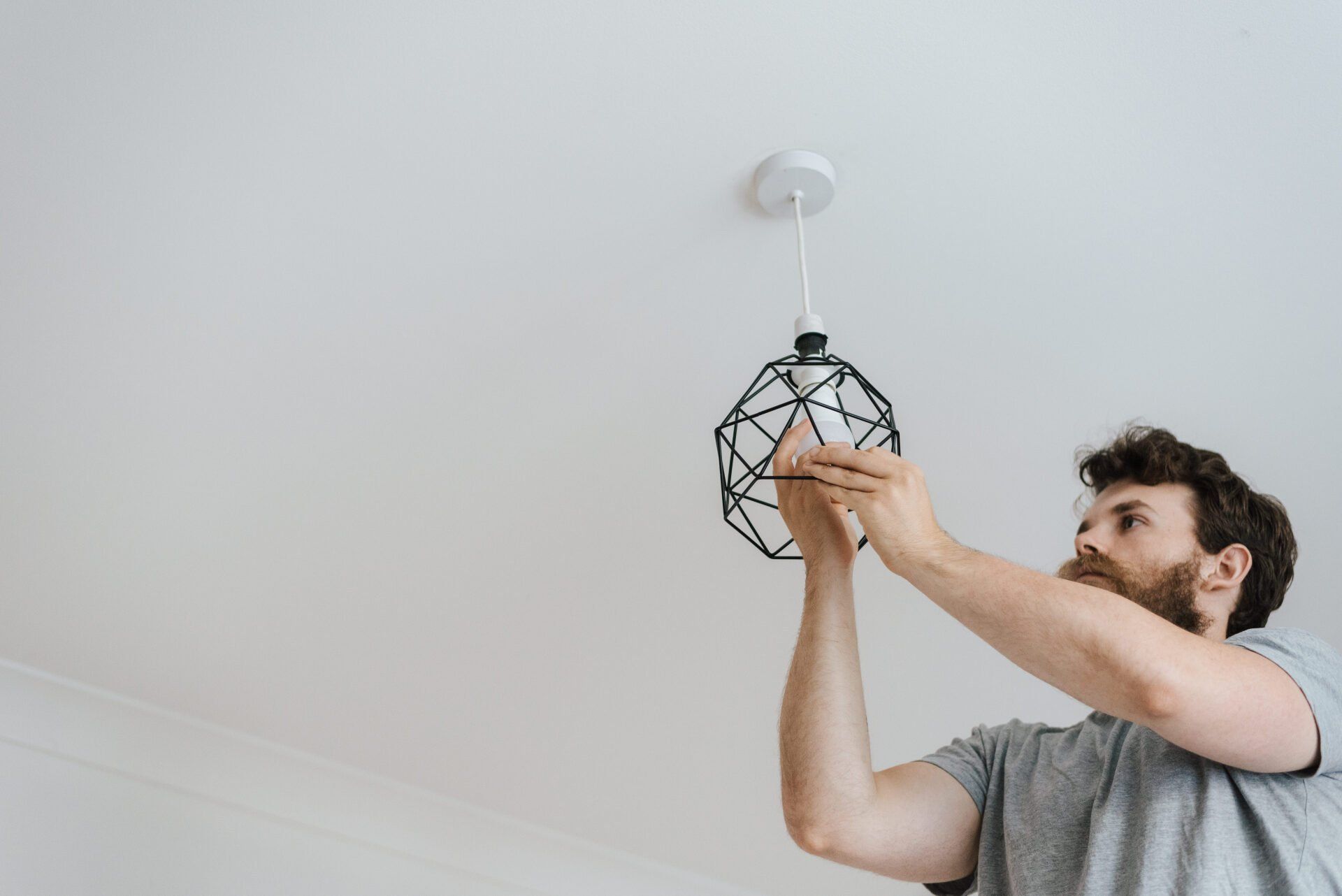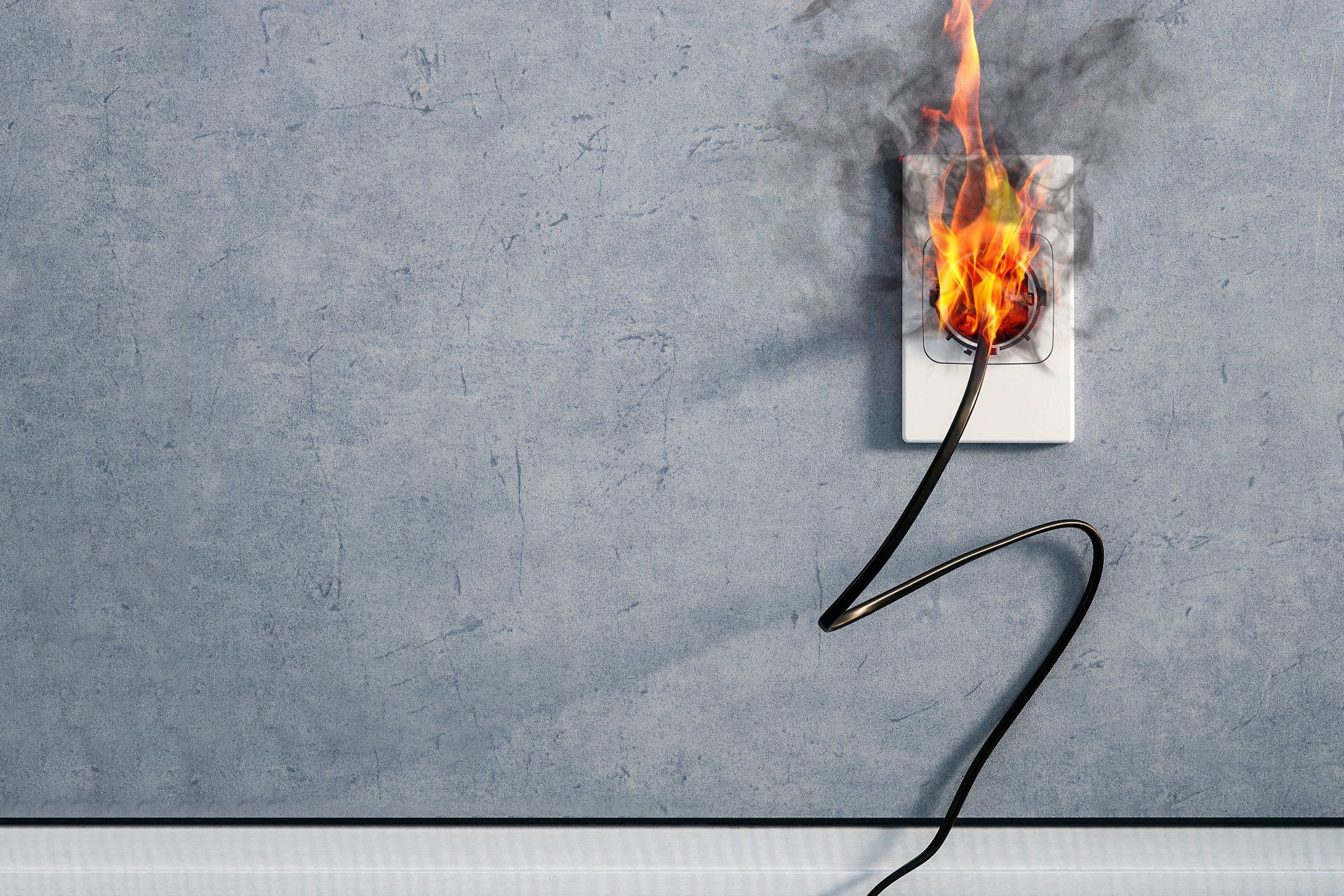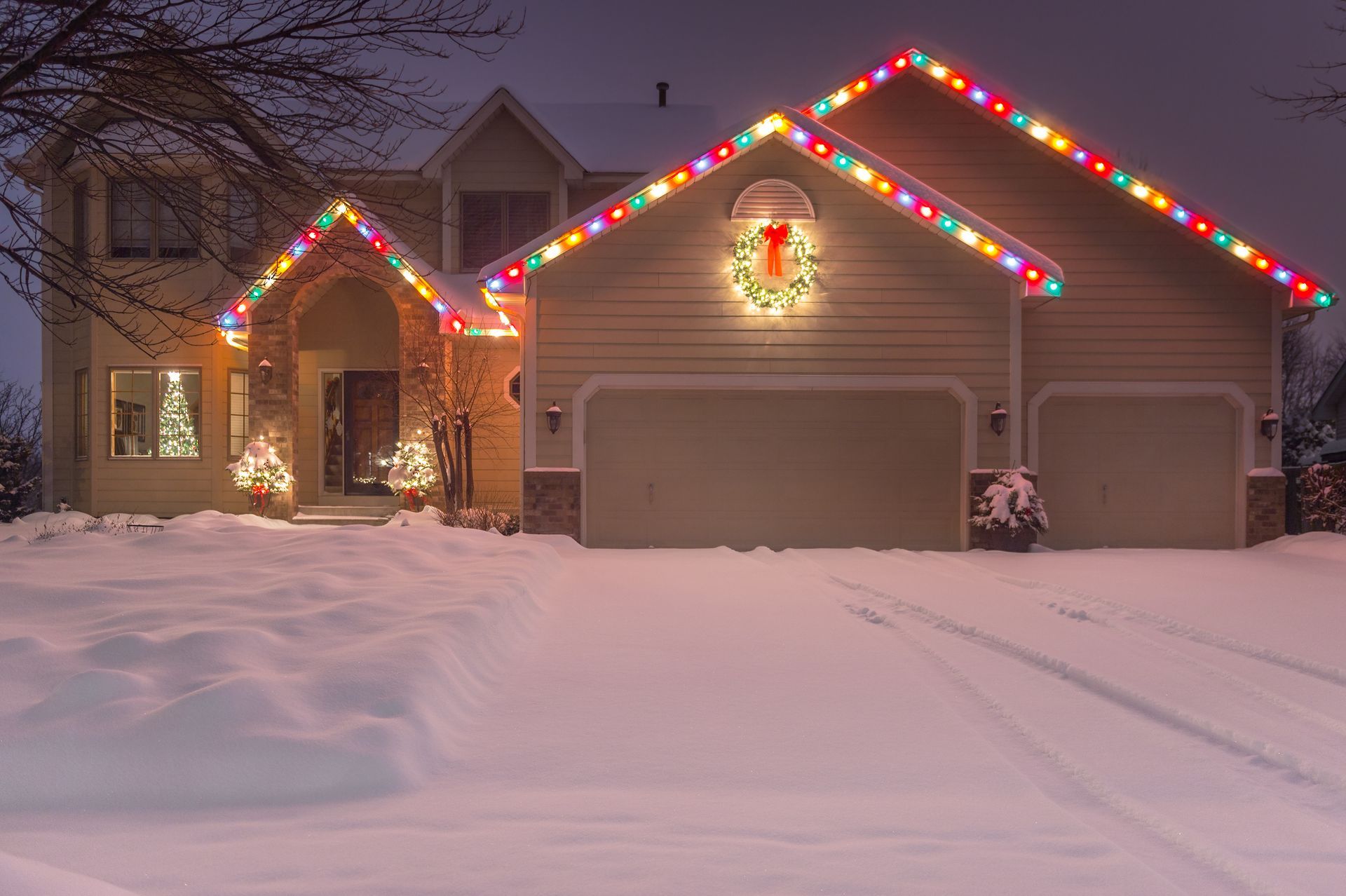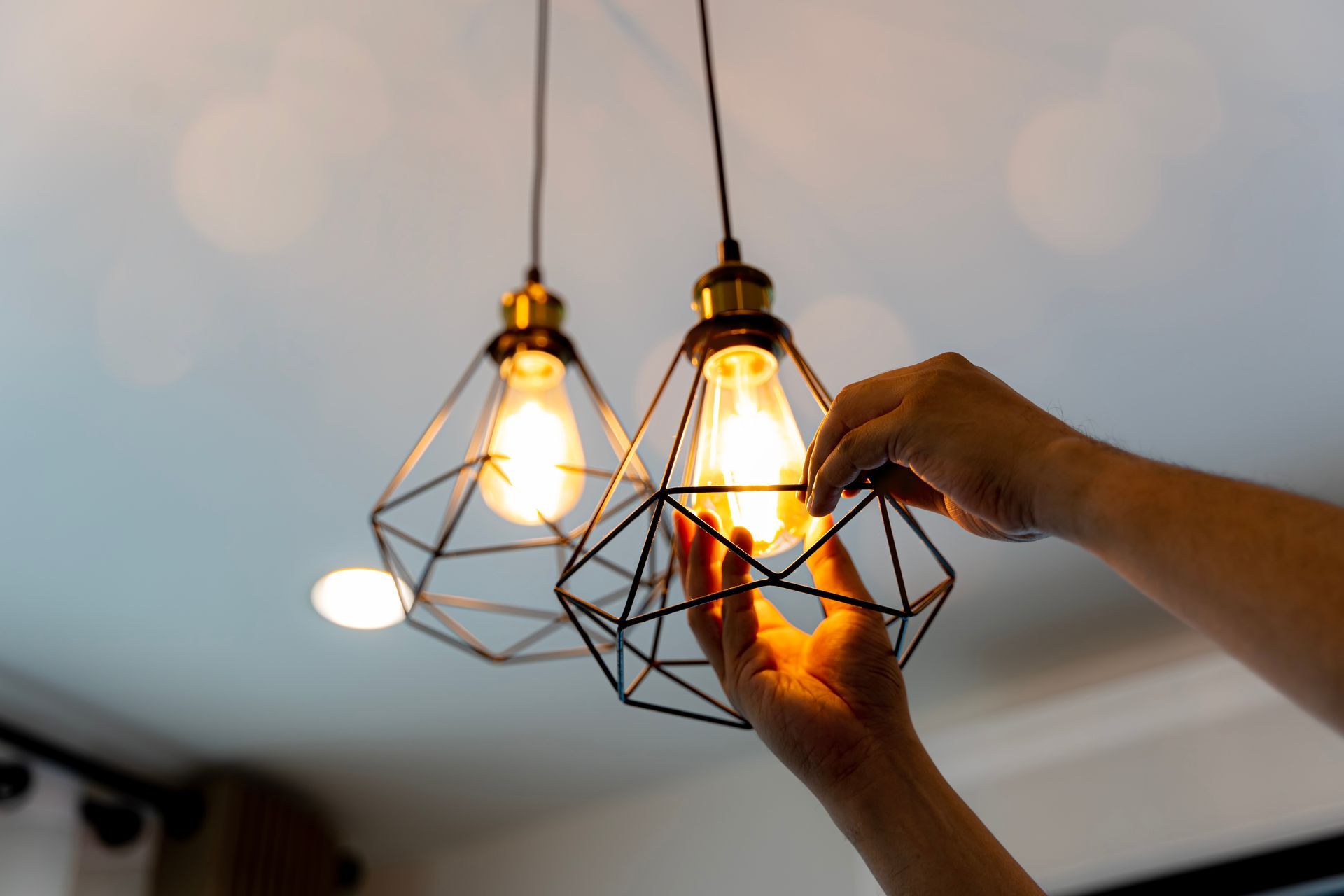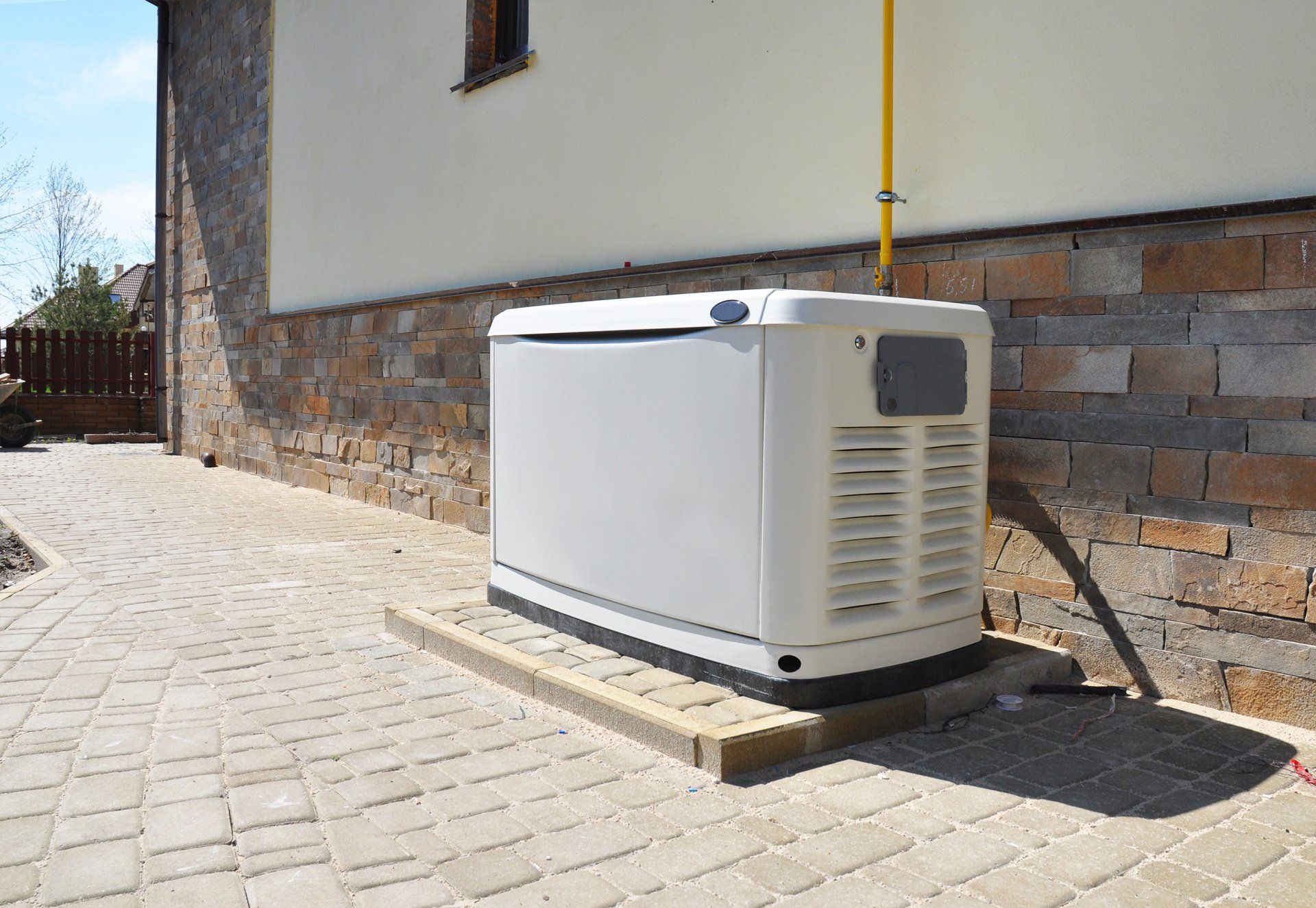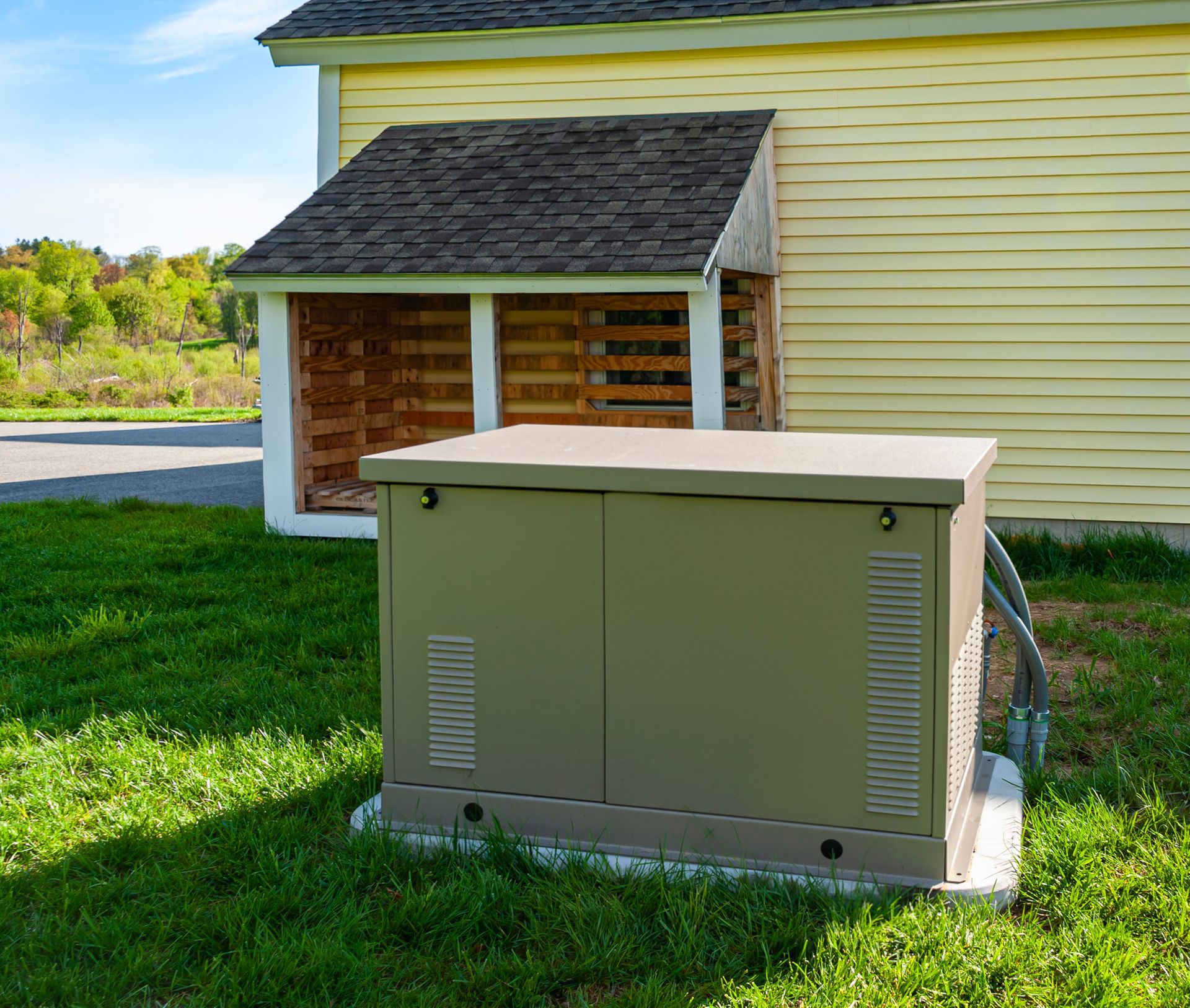6 Common Winter Electrical Issues and How to Prevent Them
Winter is a magical season, but it also comes with unique challenges for your home’s electrical system. With colder weather arriving here in Western Massachusetts, we rely more heavily on appliances like space heaters, holiday lights, and other electrical devices. Combine this with the impact of snow, ice, and high winds, and you’ve got the perfect recipe for potential electrical issues.
Understanding these common winter electrical problems and how to prevent them is key to keeping your home safe and running smoothly all season long. In this article we’ll explore six of the most frequent electrical issues homeowners face in winter and share practical tips to avoid them. Let’s dive in and make sure your home is ready for the season ahead.
1. Overloaded Circuits
During winter, it’s common to plug in extra devices like space heaters, holiday lights, and electric blankets to keep your home warm and cozy. However, these high-energy appliances can quickly overload your home’s circuits, especially in older electrical systems. Overloaded circuits don’t just cause flickering lights or tripped breakers—they can also lead to overheating and pose a fire risk.
To prevent this issue, it’s important to be mindful of how many devices are plugged into a single circuit. Avoid using multiple high-wattage appliances on the same outlet or power strip, and consider upgrading your electrical panel if your home’s power demands have outgrown its capacity. By balancing your usage, you can keep your home safe and your circuits running smoothly.
2. Space Heater Safety Concerns
Space heaters are a convenient way to stay warm during the winter, but they can also create serious safety risks if not used properly. These devices draw significant power, which can lead to overheating circuits or even electrical fires. Additionally, placing space heaters too close to flammable materials like curtains, furniture, or blankets increases the risk of fire hazards.
When using space heaters, always choose models with built-in safety features, such as tip-over protection and automatic shut-off. Plug them directly into wall outlets instead of extension cords, which can overheat under the high load. Finally, ensure at least three feet of clearance around the heater to minimize fire risks and keep your family warm and safe.
3. Power Outages from Winter Storms
Winter storms often bring heavy snow, ice, and high winds that can damage power lines and leave homes without electricity. These outages can be more than just an inconvenience—losing power in freezing temperatures can put your family’s safety and comfort at risk, especially if you rely on electric heating.
Preparing for potential outages starts with installing surge protectors to safeguard your appliances from power surges when electricity returns. Adding a backup generator ensures that essential systems like heating, lighting, and refrigeration remain operational during extended outages. Taking these steps helps you stay ready for winter storms while keeping your home safe and comfortable.
4. Faulty or Aging Wiring
Cold weather can worsen issues with faulty or aging electrical wiring, especially in older homes. Temperature changes can cause wires to contract, potentially loosening connections or exposing weaknesses in the wiring. This can lead to inconsistent power, flickering lights, or even dangerous electrical arcing, increasing the risk of a house fire.
Avoiding these hazards begins with regular inspections of your home’s wiring, especially in older houses or if you’ve noticed warning signs like frequent circuit breaker trips or strange odors near outlets. A thorough electrical inspection can uncover hidden problems and confirm that your wiring is ready to handle the increased demands of winter, ensuring safety and peace of mind.
5. Ice and Snow Damage to Outdoor Electrical Systems
Winter weather isn’t just hard on your roof and driveway—it can also wreak havoc on outdoor electrical systems. Ice and snow can accumulate on outdoor outlets, wiring, and fixtures, leading to moisture intrusion, short circuits, or even electrical shocks. Damaged or exposed wires are particularly vulnerable in freezing conditions, posing risks to both your home and anyone who comes into contact with them.
Protecting outdoor electrical systems starts with ensuring exterior outlets are covered and weatherproofed before winter arrives. Inspect outdoor wiring for any signs of wear or damage, and safely remove snow and ice from electrical components to avoid potential hazards. These proactive measures help prevent costly repairs and keep outdoor systems functioning safely all season long.
6. Holiday Light Overloads
The holiday season often brings an abundance of festive lights and decorations, but overloading your electrical system with too many light strands or high-wattage decorations can lead to blown fuses, tripped breakers, or even fire hazards. Older light strands with frayed wires or damaged sockets further increase the risk.
Managing your holiday lighting safely involves using energy-efficient LED lights that consume less power and generate less heat. Spread decorations across multiple outlets to avoid overloading circuits, and always check lights for wear and damage before plugging them in. Taking these precautions ensures your home stays safe and your holidays remain bright and worry-free.
Stay Safe and Bright All Winter Long
Winter is a beautiful season, but it can put your home’s electrical system to the test. From overloaded circuits to holiday light hazards, being aware of these common issues is the first step toward prevention. By addressing potential problems early and practicing smart electrical safety, you can keep your home running smoothly and your family safe all season long.
If electrical concerns arise, don’t wait for them to escalate. Take action to ensure your system is prepared for the demands of winter, so you can focus on enjoying the warmth and comfort of your home.
Call B Town Electric for Reliable Winter Electrical Services
Don’t let electrical issues dim your winter season. B Town Electric is here to ensure your home stays safe, warm, and well-lit all winter long. From addressing common electrical issues to upgrading your electrical panel, our certified electricians in Western MA provide expert service throughout Western Massachusetts, including Belchertown, Amherst, Northampton, and beyond.
Call us today at (413) 213-0770 or request service online.
Questions? Contact our main office
Schedule a Free Quote. Submit a free quote request online
